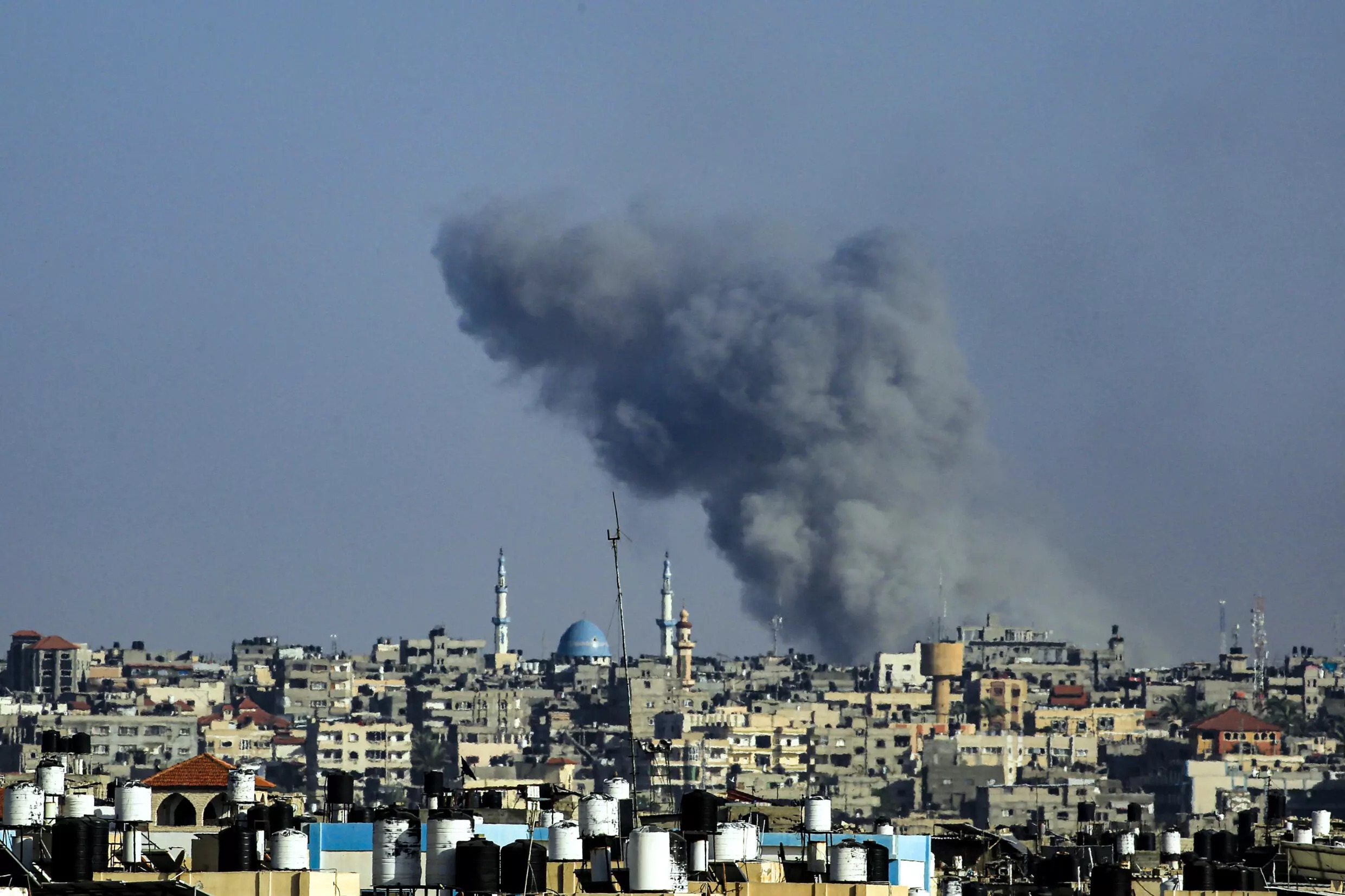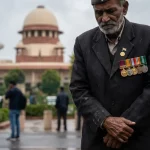Gaza’s civil defense agency reported devastating air strikes carried out by Israeli forces on Thursday, resulting in the deaths of at least 58 individuals, among whom were 12 guards tasked with protecting humanitarian aid trucks. The Israeli military, however, claimed that the strikes targeted Hamas militants allegedly planning to hijack these vehicles. This violence unfolded against a backdrop of renewed hopes for a ceasefire and a possible deal for the release of hostages, with US National Security Adviser Jake Sullivan asserting that recent shifts in the regional context were conducive to achieving an agreement.
According to agency spokesperson Mahmud Basal, the most severe of these strikes occurred in Rafah, located in southern Gaza, where seven guards were killed. Another strike resulted in the deaths of five more guards in the neighboring Khan Yunis. Basal emphasized that the Israeli assaults specifically targeted those securing aid deliveries, despite the military’s assertion that it does not strike humanitarian aid trucks. Approximately 30 individuals, predominantly children, sustained injuries from the attacks.
The aid trucks, which were transporting flour, were en route to warehouses operated by the United Nations Relief and Works Agency (UNRWA). Following the air strikes, local witnesses reported incidents of residents looting flour from the damaged vehicles. The Israeli military maintained that its actions were aimed at thwarting a terrorist plot, stating that all eliminated individuals had ties to Hamas and intended to violently seize aid trucks to aid their militant activities.
The humanitarian situation in Gaza has reached dire proportions, with ongoing warnings from the United Nations and various aid organizations about the severe crisis inflicted by the prolonged conflict now stretching beyond 14 months. UNRWA spokesperson Louise Wateridge described the living conditions in Gaza as “appalling and apocalyptic,” highlighting that critical aid has been largely obstructed in the northern regions since the hostilities intensified in early October.
In southern Gaza, UNRWA previously announced that it managed to deliver food aid sufficient for 200,000 individuals earlier this week. However, on Thursday, a serious incident led to the failure of a convoy of 70 trucks, with only one successfully reaching its destination. The agency has called on all involved parties to ensure the smooth and uninterrupted flow of humanitarian aid.
As violence persisted, additional Israeli air strikes targeted residential structures in and around the Nuseirat refugee camp, claiming the lives of 21 people. Among them were at least 15 individuals, including six children, who died in a bombing of a building that housed displaced civilians. A relative of one victim lamented that innocent lives were lost in what he described as a disparity in warfare—a powerful military force acting against a defenseless populace.
The day concluded with another strike in the Nuseirat camp, resulting in at least 25 fatalities and wounding 50 others. The humanitarian crisis was further underscored by recent diplomatic efforts aimed at halting the violence, including a UN General Assembly resolution advocating for an immediate and unconditional ceasefire. This resolution was dismissed by the United States, a key military ally of Israel.
In recent discussions, indications emerged that previously stalled ceasefire negotiations may be reignited. Families of the 96 hostages allegedly held in Gaza since the outbreak of violence, including 34 reported dead, have been vocal in their demands for a resolution. Sullivan, who met with Israeli Prime Minister Benjamin Netanyahu, expressed optimism regarding the potential for a deal as Hamas’s negotiating tactics appear to have shifted amid the changing political landscape in the region.
The October 7 attack by Hamas resulted in 251 hostages being taken, with the Israeli military reporting 1,208 fatalities among its civilian population. Conversely, Israel’s military response has led to around 44,805 deaths in Gaza, primarily affecting civilians, according to figures released by the health ministry in Gaza, which the United Nations regards as credible. Such staggering losses highlight the ongoing tragedy of the conflict, as diplomatic efforts struggle to produce tangible results amidst the continuing violence.













